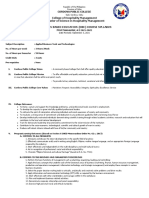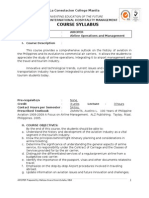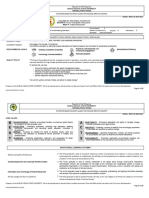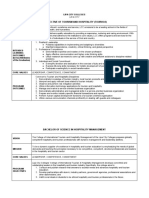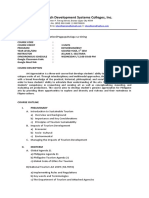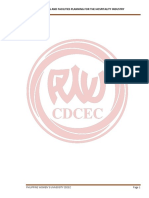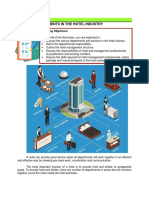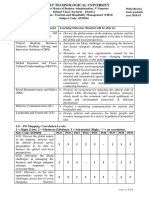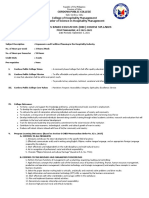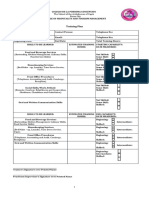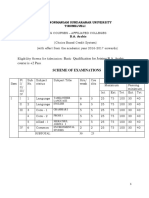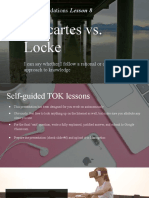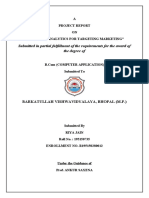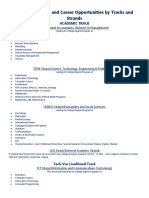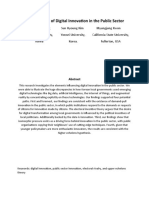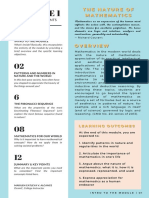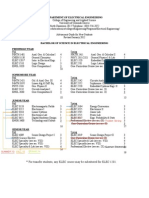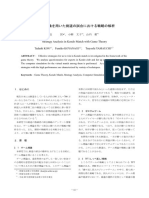0% found this document useful (0 votes)
299 views10 pagesTHC 10 Syllabus
This document provides information on a course called "Entrepreneurship and Tourism and Hospitality" offered at the College of Hospitality and Tourism Management. The 3 credit course introduces entrepreneurial management skills and tools relevant for the hospitality industry. Upon completing the course, students will gain knowledge in areas like leadership and ethics, as well as skills in communication, critical thinking, and business decision making. Students will also develop competencies around responsibility, self-development, and contributing effectively in a work environment. The course outcomes align with the overall program outcomes of the college, which are to produce competent hospitality graduates with strong professional abilities and Christian values.
Uploaded by
Hospitality and Travel Management CollegeCopyright
© © All Rights Reserved
We take content rights seriously. If you suspect this is your content, claim it here.
Available Formats
Download as DOCX, PDF, TXT or read online on Scribd
0% found this document useful (0 votes)
299 views10 pagesTHC 10 Syllabus
This document provides information on a course called "Entrepreneurship and Tourism and Hospitality" offered at the College of Hospitality and Tourism Management. The 3 credit course introduces entrepreneurial management skills and tools relevant for the hospitality industry. Upon completing the course, students will gain knowledge in areas like leadership and ethics, as well as skills in communication, critical thinking, and business decision making. Students will also develop competencies around responsibility, self-development, and contributing effectively in a work environment. The course outcomes align with the overall program outcomes of the college, which are to produce competent hospitality graduates with strong professional abilities and Christian values.
Uploaded by
Hospitality and Travel Management CollegeCopyright
© © All Rights Reserved
We take content rights seriously. If you suspect this is your content, claim it here.
Available Formats
Download as DOCX, PDF, TXT or read online on Scribd
/ 10
